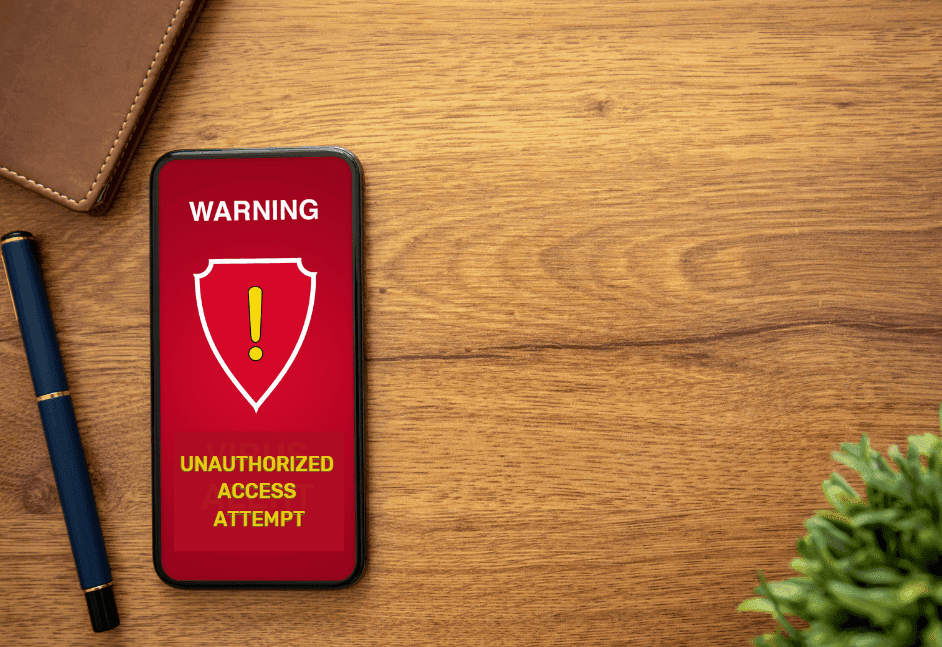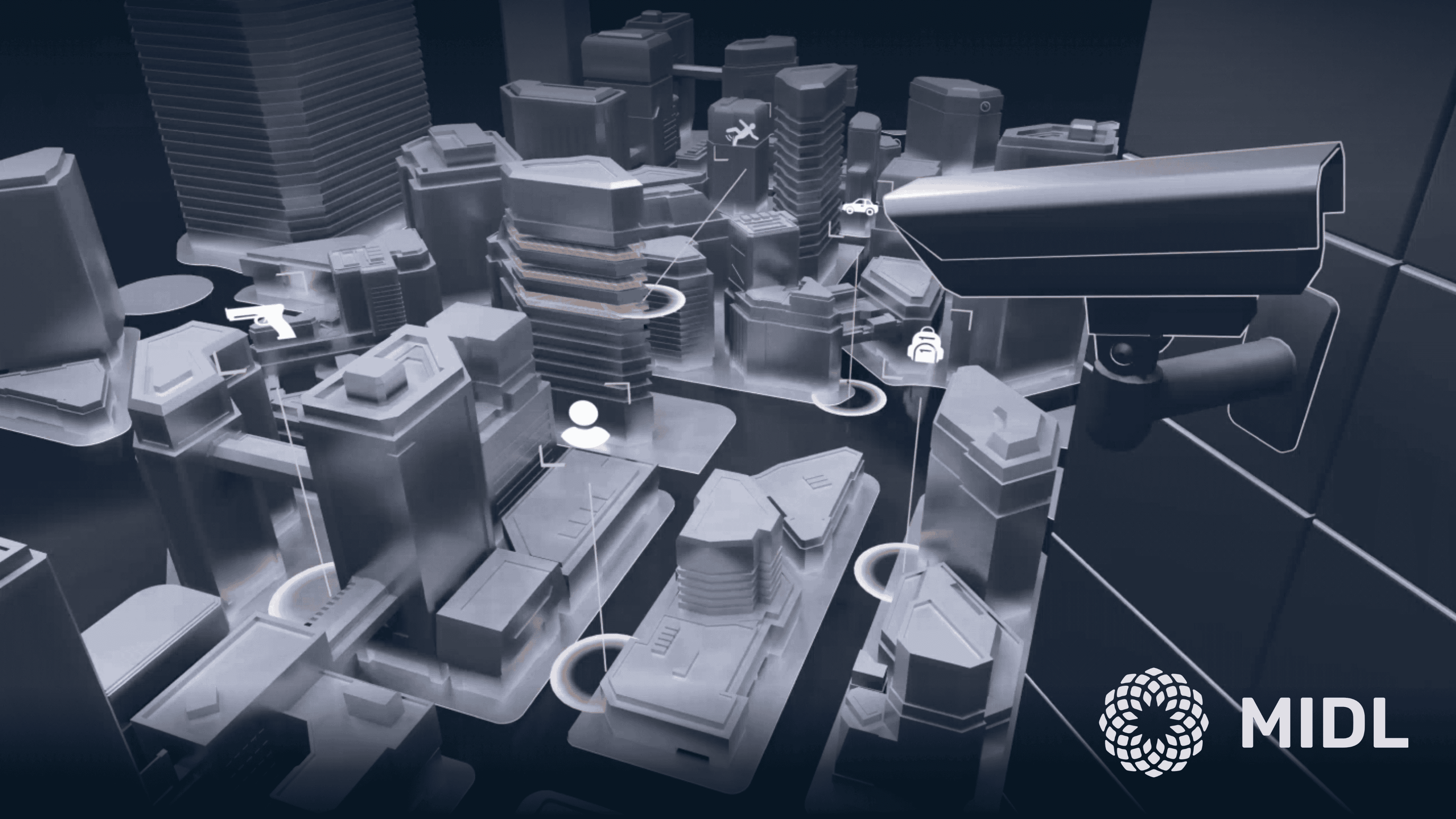Do we have false-positive detections?


As much as we would like to say that there will never be any false-positives, it is not truthful to say such a thing. You may never experience a false-positive while using MIDL, but the possibility does exist. Just as you have thought you have seen something in the distance or mistook a stranger for your friend, the same can happen when our software is looking through your existing cameras. Nevertheless, our goal is to get as close to perfect as possible.
We have established processes and controls to handle/limit false-positives while also looking to collaborate with you on a close basis to tackle any incorrect detections that may present themselves. Ultimately, we wanted to empower you to have some control over the chances a false positive happens and when you might be more open to receiving one. We know that last part sounds odd, let us explain.
If you are in a state of elevated security for any reason such as a big event happening at your property, you may want to be overly cautious and receive alerts for absolutely anything that seems like a threat in the slightest. Now if it is just an average day, you may not want to be so flexible in receiving these alerts. In order to give you this flexibility, we allow you to adjust confidence rates. This means if you want to detect weapons and are in a state of elevated security, then you might set a lower confidence rate, call it 75%. This means that if MIDL is at least 75% confident an object is a weapon, then it will alert you. Setting a lower confidence rate naturally increases the chances of a false-positive. If it is a normal day, maybe you have the confidence rate to 90% or even something like 98%. In addition to giving you control of confidence rates, we take a very unique approach in the level of detail we enable you to achieve when setting alerts, so you aren’t getting blasted for broadly defined alerts.
Most importantly, we want to ensure you are confident in the software that is standing behind you. We would be happy to have a conversation and address any concerns you may have. To find out more about the way we allow you to set these detailed alerts or to have a conversation about anything regarding false-positives, reach out using the button below.
Read Next

Building a Real-time Information Center as a Colle...


The Origin Story of MIDL


How we are able to detect activity and objects
